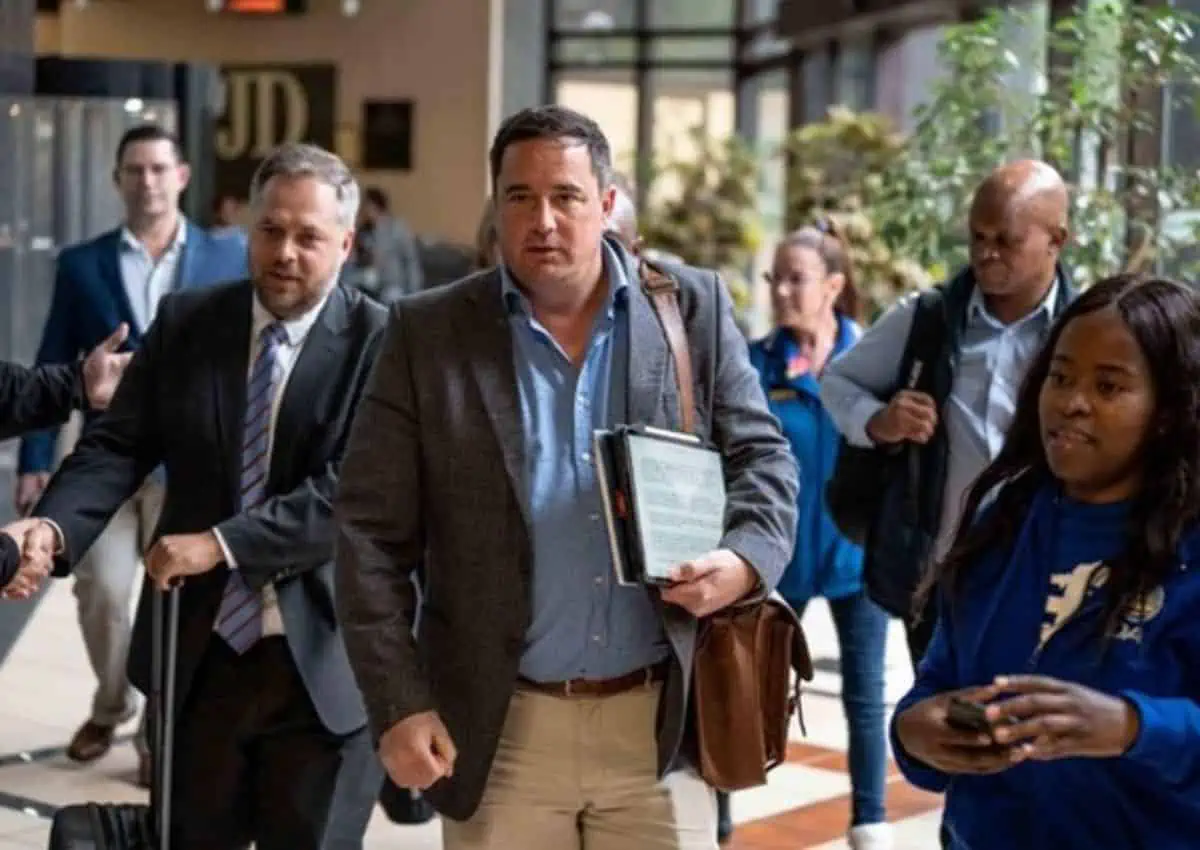The Democratic Alliance (DA) on Thursday filed its urgent application to the North Gauteng High Court to halt an 18.65% electricity hike set to be imposed on consumers by Eskom.
The party asked the court to interdict Nersa’s decision to grant Eskom the tariff increase which could see consumers paying up to 30% more for electricity over the next two years to be deemed unlawful and irrational.
Party leader John Steenhuisen said the founding affidavit of the application was in two parts.
The first seeks to interdict the implementation of Nersa’s decision to hike tariffs.
Part B is a semi-urgent review of various government decisions relating to the ongoing energy crisis. The DA challenges the government’s decision to implement load shedding and its response to the power crisis.
In papers filed with the court, Steenhuisen argued that a price hike will result in less electricity being sold.
He also argued that the tariff increase will also deny access to indigent people who rely on a subsidised supply.
The DA argued that Nersa’s decision to grant the 18.65% tariff increase was irrational, unreasonable and retrogressive.
The DA listed 20 respondents, including Nersa, Eskom, President Cyril Ramaphosa, several ministers, all premiers and the South African Local Government Association (Salga).
Steenhuisen said previously Nersa required Eskom to generally subsidise the price of electricity by imposing below-cost tariffs.
“These tariffs ensured that millions of people in South Africa, who otherwise could not afford electricity, had access to power.
“Nersa had abandoned that policy by steadily increasing Eskom’s tariffs over the past several years and by drastically increasing the tariffs for the next two financial years.”
He argued that hiking the electricity tariff won’t help Eskom out of its financial crisis, nor will it solve the energy crisis.
Steenhuisen said when considering Eskom’s latest financial statements, cost assumptions and energy availability, its clear Nersa’s decision was irrational.
If all goes well, the DA hopes the interdict application will be heard by 7 March 2023.
Source: News24, Eyewitness News, Times Live, image from Twitter: @Radio702
